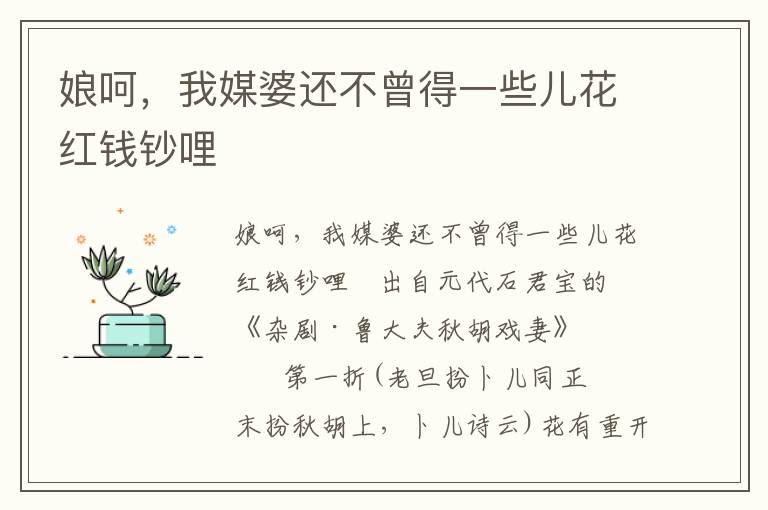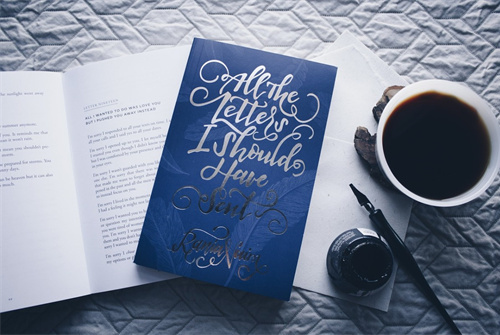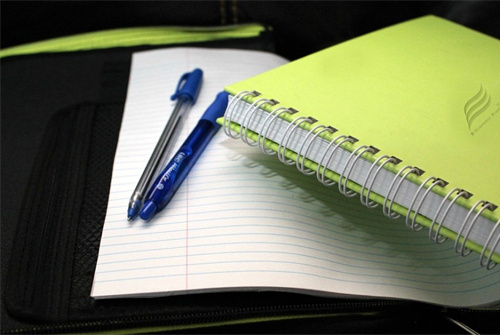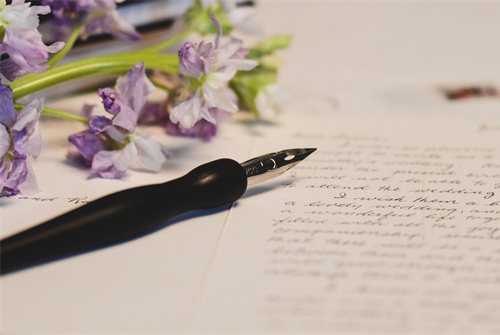【简介】感谢网友“雕龙文库”参与投稿,这里小编给大家分享一些,方便大家学习。
原文赏析: 上马人扶残醉,晓风吹未醒。映水曲、翠瓦朱檐,垂杨里、乍见津亭。当时曾题败壁,蛛丝罩、淡墨苔晕青。念去来、岁月如流,徘徊久、叹息愁思盈。
去去倦寻路程。江陵旧事,何曾再问杨琼。旧曲凄清。敛愁黛、与谁听。尊前故人如在,想念我、最关情。何须渭城。歌声未尽处,先泪零。 拼音解读: shàng mǎ rén fú cán zuì ,xiǎo fēng chuī wèi xǐng 。yìng shuǐ qǔ 、cuì wǎ zhū yán ,chuí yáng lǐ 、zhà jiàn jīn tíng 。dāng shí céng tí bài bì ,zhū sī zhào 、dàn mò tái yūn qīng 。niàn qù lái 、suì yuè rú liú ,pái huái jiǔ 、tàn xī chóu sī yíng 。
qù qù juàn xún lù chéng 。jiāng líng jiù shì ,hé céng zài wèn yáng qióng 。jiù qǔ qī qīng 。liǎn chóu dài 、yǔ shuí tīng 。zūn qián gù rén rú zài ,xiǎng niàn wǒ 、zuì guān qíng 。hé xū wèi chéng 。gē shēng wèi jìn chù ,xiān lèi líng 。
※提示:拼音为程序生成,因此多音字的拼音可能不准确。译文及注释
译文昨夜的酒力尚未消去,上马时尚需有人帮扶,清晨的凉风还没有把我吹醒。一路上但见碧瓦红檐,倒映在曲折的流水里,垂杨树掩映着渡口旁的驿亭。想当年曾在亭壁上题写诗句,如今墙上罩满了蛛网尘埃,墨色消淡,字迹已被青苔斑蚀得模糊不清。想过去未来的进退升沉,岁月如流水。我徘徊叹息,愁思如潮,久久难以平静。数年来宦游不止,已倦于打听前行的路程。江陵的风流韵事最难忘,自此后再没有能够重访歌妓杨琼。她唱着旧日的歌曲声韵凄清,她聚敛着愁眉,谁是知音与听?酒樽前的故友倘若健在,定会想念我,最是关怀动情。何必唱朋友送别的《渭城曲》,她那歌声尚未唱完,我的热泪先自飘零!
注释①津亭:渡口边的亭子。②杨琼:唐代江陵歌妓。③渭城:即唐王维《渭城曲》。多于离别的筵席歌唱。
英译
ZHOU Bangyan – Lyrics to the Lament of Those Behind Adorned WindowsSomeone gives my drunken self a hand in mounting the horse,Morning breezes puff through, yet they sober me not.Reflected in the rippling water are green tiles and crimson eaves,Through veils of *ping willows, I a ferry terminal come across.Once upon a time I wrote on the now failing wall an in*ion,Covered in cobwebs it is, over the fading ink mosses grow.I think of what has come and gone, years like water have flowed by,Long I hang about, infused with autumn thoughts are my sighs.I've grown tired of revisiting where I had been,Whatever happened in Jiangling,Why bother at all asking Yang Qiong of it again?An old melody dreary sounds,Locking listeners' brows in frowns, yet for whom is it performed?If she was here before me,She'd behold me most attentively with the greatest devotion.I need not hear the Melody of the Town of Wei,Before the song is sung to its end, my tears have begun to flow. 赏析
这首词叙离情别恨。从词意上看,似写于被贬外放之时。上阕写当年津亭题词处,如今已是蛛网笼罩,苔晕青青,令人感怀;下阕写忆旧事不堪回首,知音难寻,令人感喟不已。作者多用反衬侧写、借物正意的手法,写得委婉曲折。









